Voices of the Grain Trade
Our volunteer interview teams in Thunder Bay and Winnipeg did their best to collect voices reflecting all major facets of Canada's international grain trade. As a result, you will find interviews with farmers, researchers, plant breeders, company owners, and railway employees blended in with the stories of grain handlers, inspectors, lake shippers, regulators, builders, marketers, and many more. Our voices are spread from Quebec City to Victoria, with the highest concentrations being from Thunder Bay and Winnipeg.
Through Library and Archives Canada's Documentary Heritage Communities Program, Friends of Grain Elevators has now been able to transcribe and upload all Voices interviews to this website and to Lakehead University's archives. If you have any questions or comments about the collection, please contact us with your thoughts!
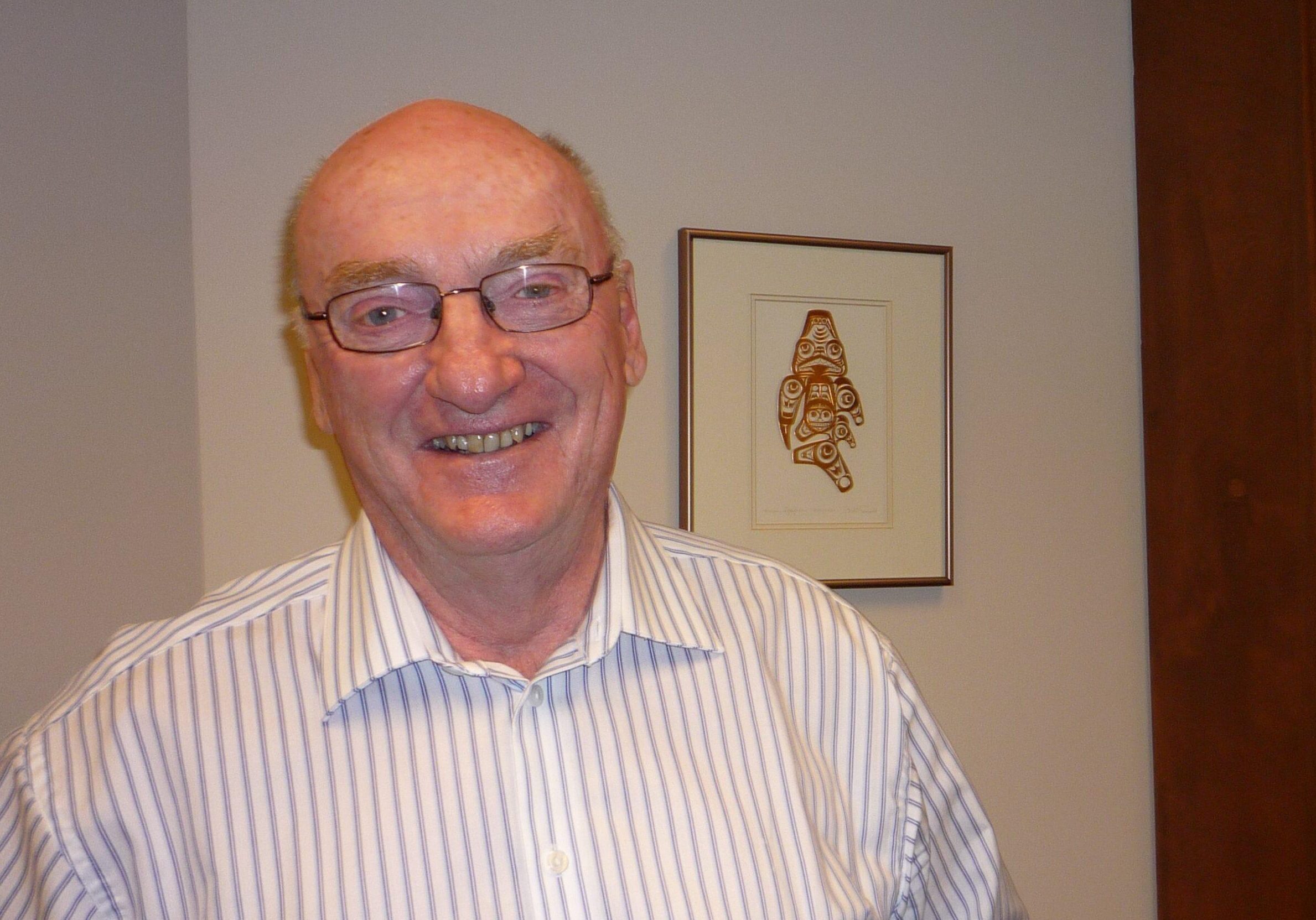
Dennis Stephens
Executive Director: Canadian International Grains Institute
Dennis Stephens was offered his first job in the grain industry after interviewing George Sellers for a routine news article on a hot grain policy debate. In his first interview, Dennis discusses his major role in the company as manager of the transportation division, in which he tried to improve the inefficiencies of the rail system that plagued not only Federal but the whole industry. Dennis's transportation group was the first to successfully test a unit-train operation out the West Coast, but the project proved to be ahead of its time and was rejected due to tight railway regulations. Federal eventually sold its grain-related assets to the Prairie Pools, and Dennis moved to CIGI as the institute was just getting started, eventually moving up to the executive director position.
In his second interview, Dennis speaks about his career in politics following his work at CIGI. He recalls his involvement in the farm safety net programs GRIP and NISA, as well as his cross-departmental cooperation with the multitude of government agencies interested in the grain trade. Dennis left government work and became a consultant, where one of his first projects was conducting a study on how buyers from around the world viewed the Canadian Wheat Board and its usefulness in grain trading. Dennis shares his deep knowledge not only on Canada's regulatory environment, but also on how grain-related regulations have changed and evolved since their inception.
Snippet
Full Interview
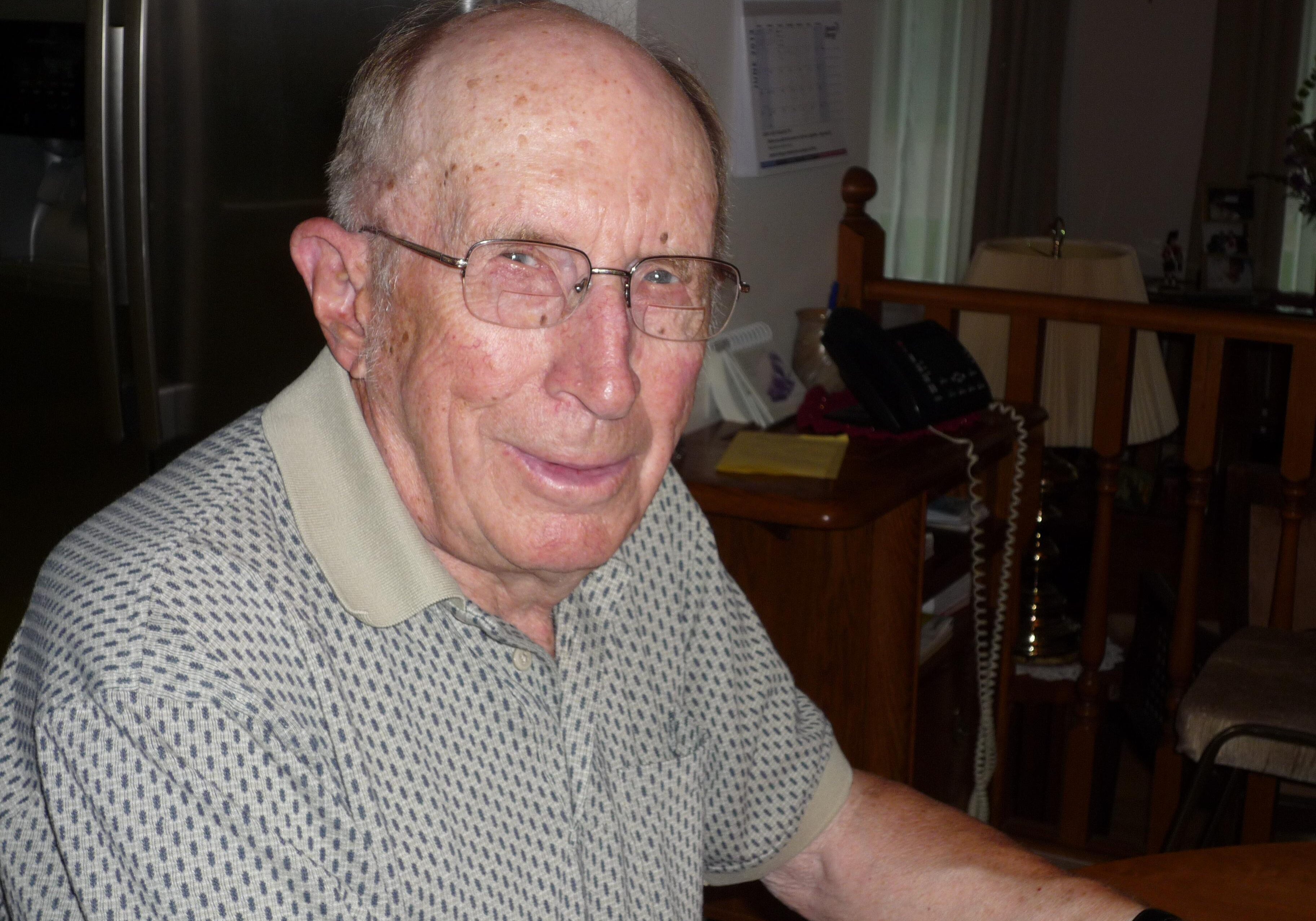
Garf Stevenson
Farmer, President: Saskatchewan Wheat Pool
Garf Stevenson worked as a farmer and eventually played a major role in Saskatchewan Wheat Pool, working his way up to President. He discusses various issues related to wheat pools and farming, and the effects that the industry had on the Canadian landscape. For instance, many of the roadways in Northern Ontario were decided by the needs of grain growers. He speaks to the increase in farmers’ land value, which is not reasonable considering the low profit margins and volatility of farming. He is quite proud of his time spent at SWP, and remarks that the time he is most satisfied with is the year that he was president.
Snippet
Full Interview
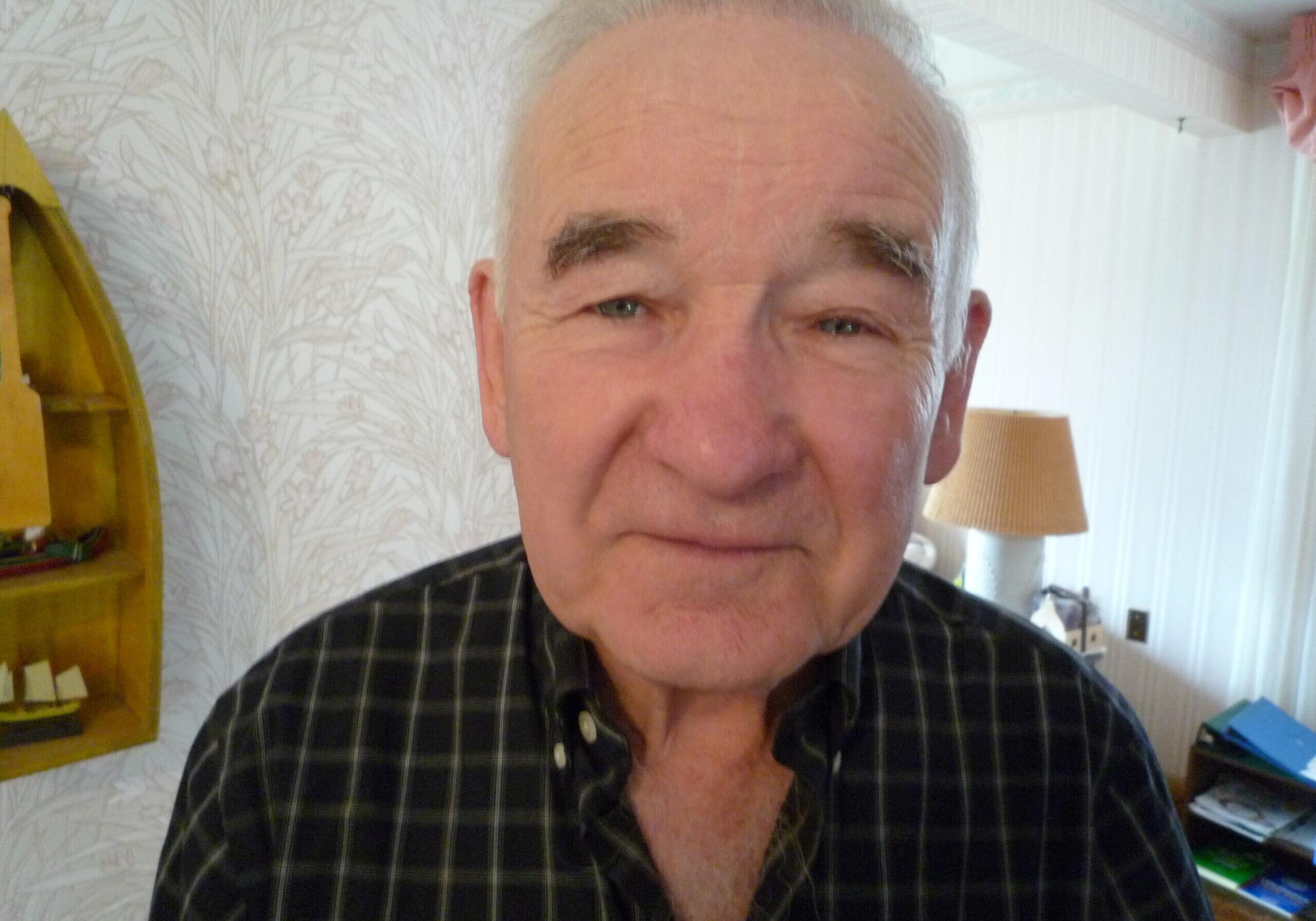
Peter Stevenson
Sheet Metal Worker: Day Company of Canada
Peter Stevenson was a sheet metal worker and machinist, and for a year and half in his early career he spent most of his time installing dust control equipment at Thunder Bay's terminal grain elevators. Despite his brief interaction with the elevators, Peter recalls in-depth the flow of grain through the operation and shares memories and unique features of all the elevators he worked on. In the 1940s when this work was taking place, grain dust was a huge issue in the elevators, and Peter emphasizes the dangerous conditions this dust created. Peter's memories of grain elevators also includes the war distress storage warehouses across the waterfront and his hobby of scuba diving around elevator docks.
Snippet
Full Interview
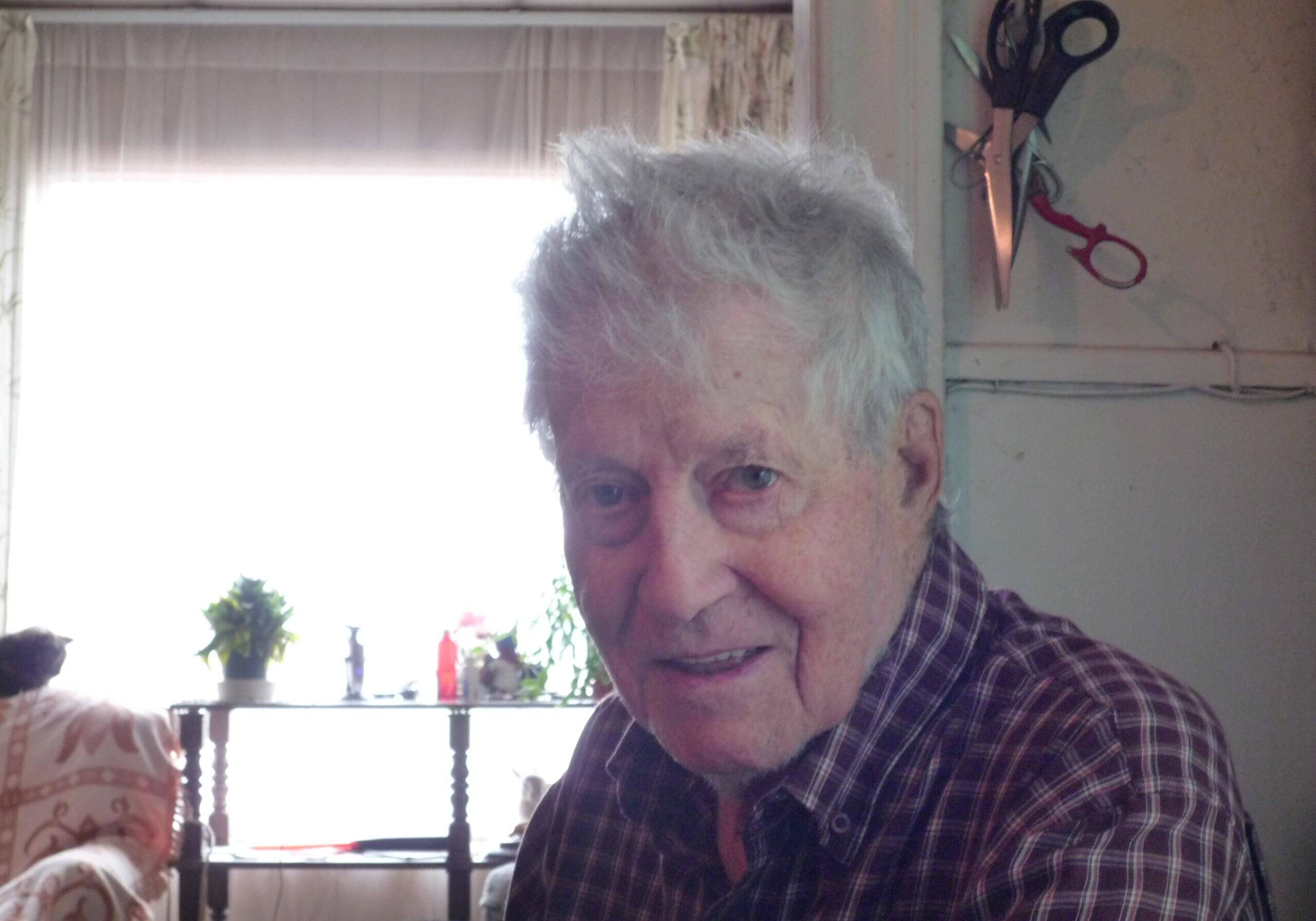
William Stewart
Grain Labourer: McCabe Grain Company, United Grain Growers
William Stewart moved from his family's Manitoba farm to Thunder Bay as a child during the Great Depression so his father could find a job in the city. As a young man, William got his first elevator job at McCabe's as a sampler during the navigation season, and during the winter months, he stayed on to bag grain. William worked in a variety of departments in McCabe Elevator, and then in UGG A when McCabe sold its operation. During his career, William witnessed two major waterfront events: The explosion at Pool 4B and the collapse of UGG A's annex into the lake. Over the 48 years he was a grain handler, William witnessed improvements to the elevators' working conditions and technological advancements in the equipment used to move grain. William fondly recalls his colleagues and the social aspect of the job, and also remembers those who were injured on the job. At the end of the interview, William puts his memory to the test and reads names off of a McCabe's seniority list, matching them to their elevator responsibilities.
Content Warning: This interview contains descriptions of workplace accidents.
Snippet
Full Interview
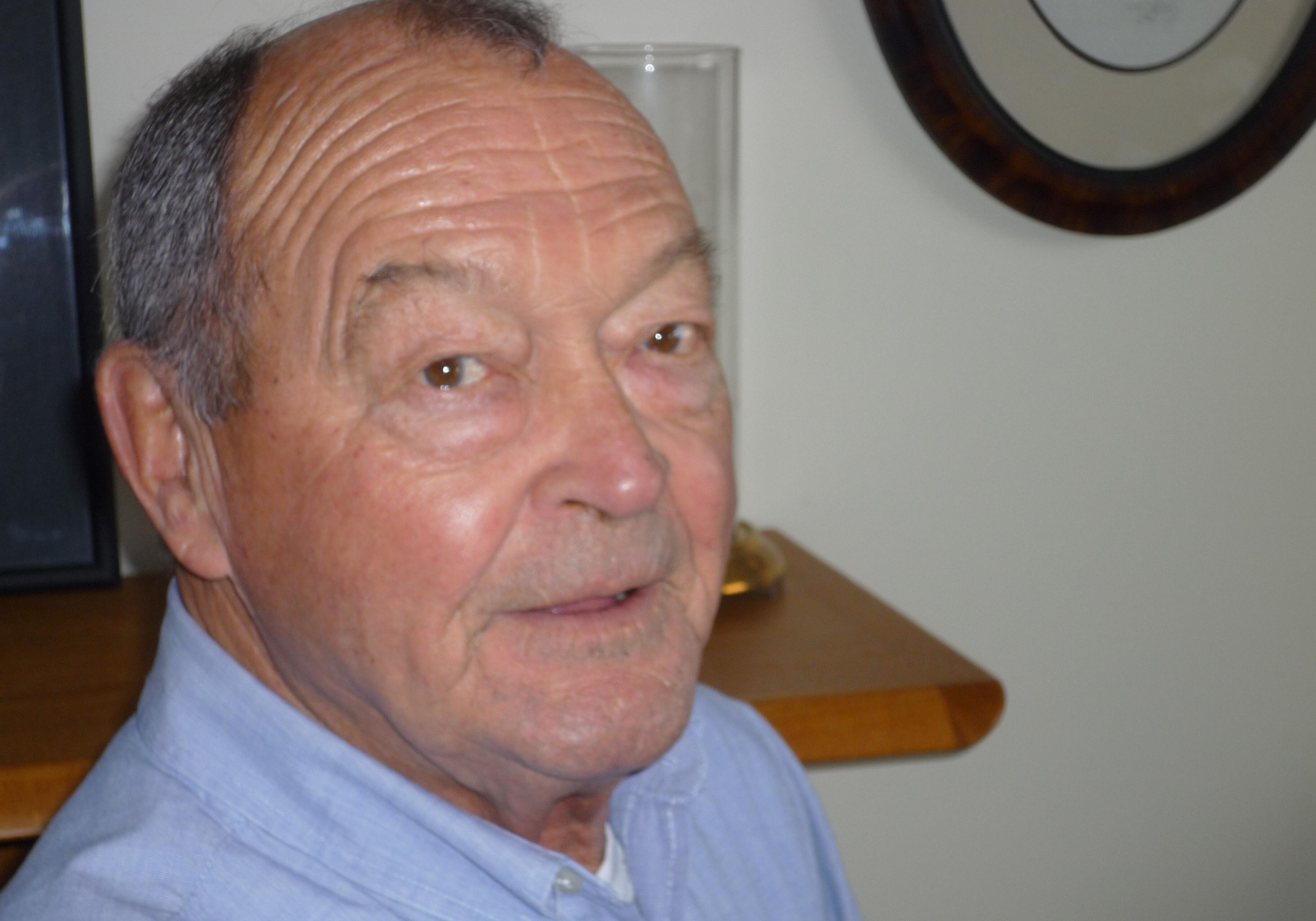
Brian Storry
Grain Inspector: Canadian Grain Commission, Ogilvie, Paterson, Saskatchewan Wheat Pool, Searle Grain Company
Brian Storry was born in 1944 and worked as a grain inspector with the Canadian Grain Commission. He worked in many different elevators over his time, such as Ogilvie, Paterson, SWP, Searle, and more. Brian tells interesting and funny stories about his coworkers in the past; he reminisces on the work and life culture of the elevators. He is not shy of speaking to the drinking culture inside the elevators. Mr. Storry also talks about the initial testing of dust masks and automated sampling systems.
Snippet
Full Interview
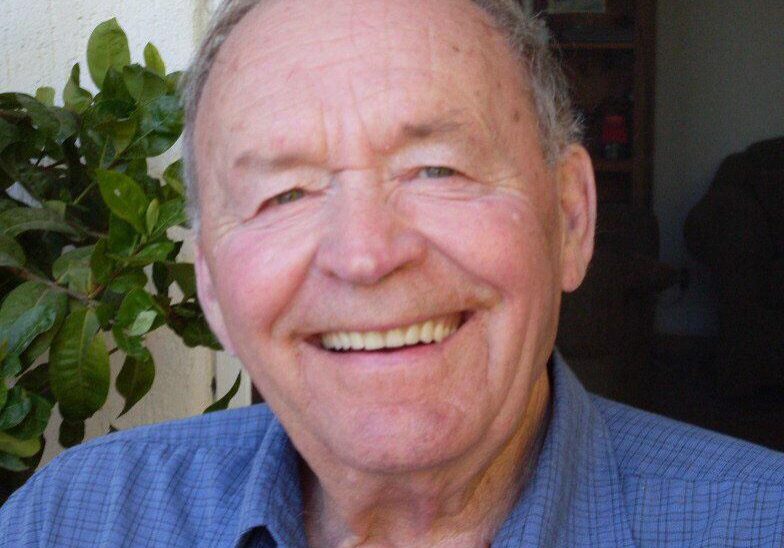
David Suderman
Journalist, Direction of Information: Canadian Wheat Board
David Suderman started his career as a journalist in his small hometown, Winkler, Manitoba. However, he quickly left, and started with the Canadian Wheat Board as the director of information in 1970. He spent a great deal of time travelling to Middle Eastern countries, and he did research into different Asian markets so that he could address the needs of the end users of the grain. His work was instrumental in the logo design that was printed on many of tankers cars that were used in Canada.
Snippet
Full Interview
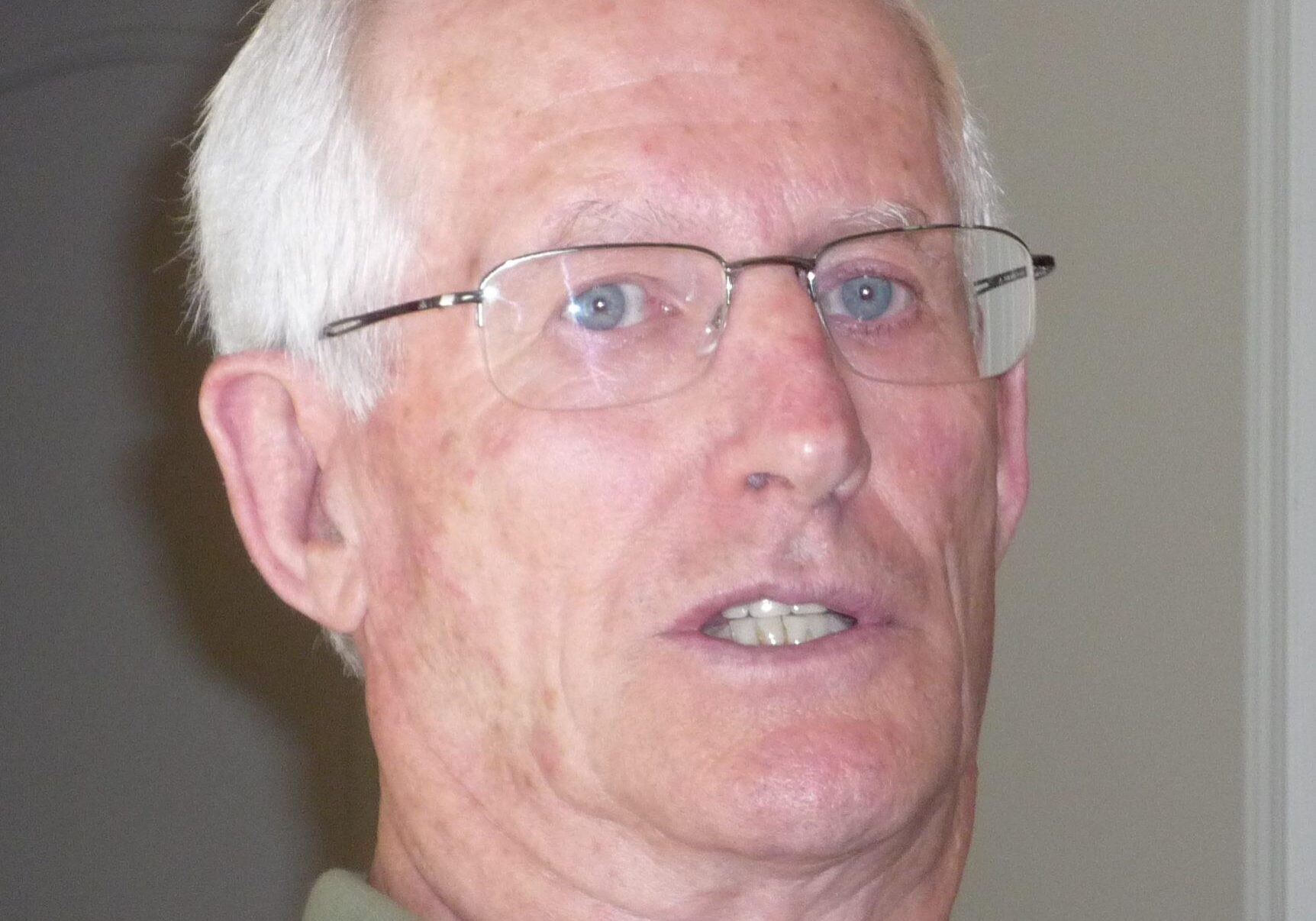
Charlie Swanson
Farmer, Director, Vice-President, President: Manitoba Pool Elevators
Charlie Swanson has been involved in the grain industry for a long time; he began his own farm at 20, and he later became involved in the Manitoba Pool Elevators board, working as director, vice-president, and president. He discusses the quality of Canadian grain and the importance of X-Can, as it was almost as big as the Canadian Wheat Board in terms of marketing. He also speaks about Thunder Bay, his experiences visiting the city, and his perspective on the reason for decreases in grain shipping through the city.
Snippet
Full Interview
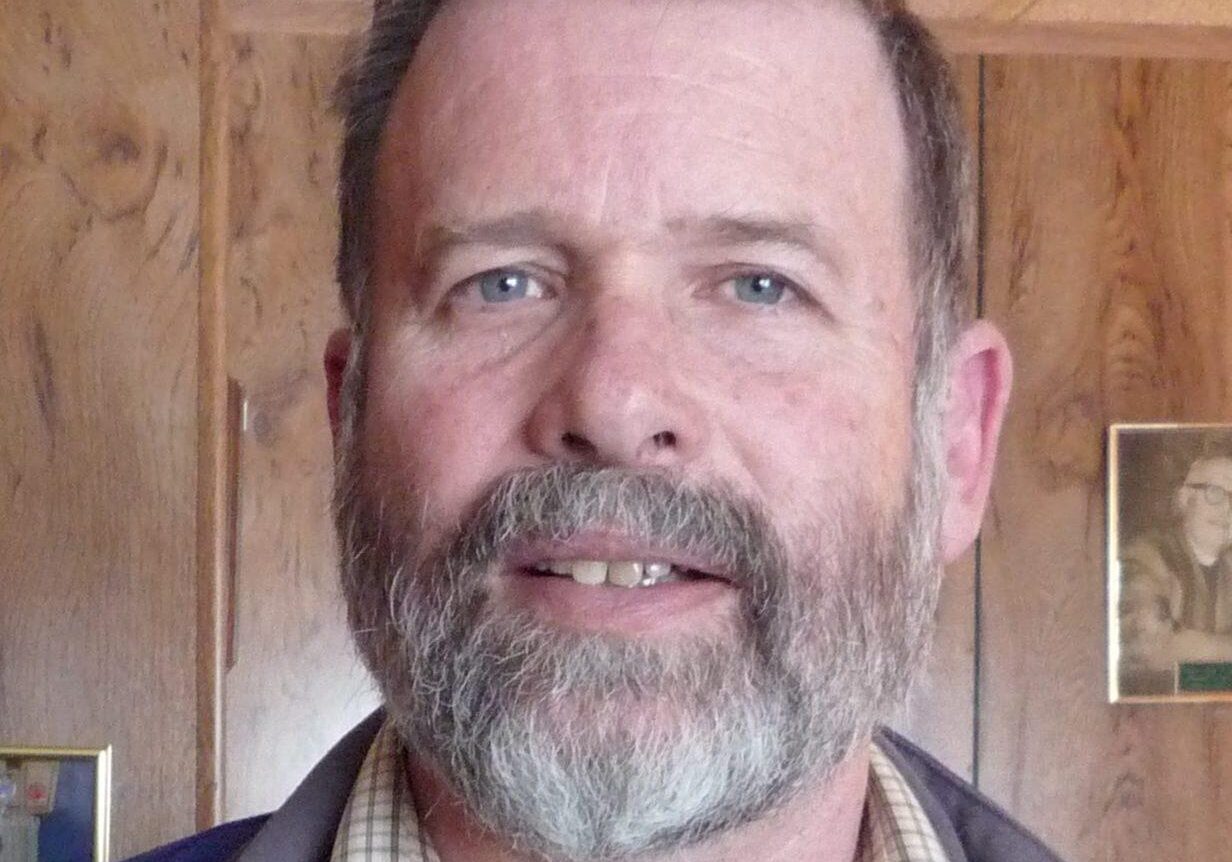
Edward Swayze
Anglican Priest: Mission to Seafarers
Edward Swayze was born in St. Catherine's and attended Lakehead University for Forestry, but he later decided that the path he would rather take was that of a priest. In 1983, he graduated as an Anglican priest, and joined the Mission to Seafarers. His main mission onboard the ships was to provide communication methods between the ship crew and their families. He speaks to the changes made by communications technology, such as long distance telephone cards. Edward also talks about the different people that are usually onboard ships, where the companies do their hiring, and the many different countries that often provide workers.
Snippet
Full Interview

William Tebenham
Elevator Labourer: Stewart Elevator, Canadian Grain Commission
William Edward Tebenham began work in the grain industry in 1963, starting out at Stewart elevator. However, one month after finishing his education, there was a strike, and he found employment at LPH for three years. Finally, he worked at the Canadian Grain Commission, staying there for the majority of his career. He speaks about becoming unionized, shovelling box cars, and technological advancements. He also discusses staff changes, grain theft, and finally the 1952 Pool 4 explosion.
Snippet
Full Interview
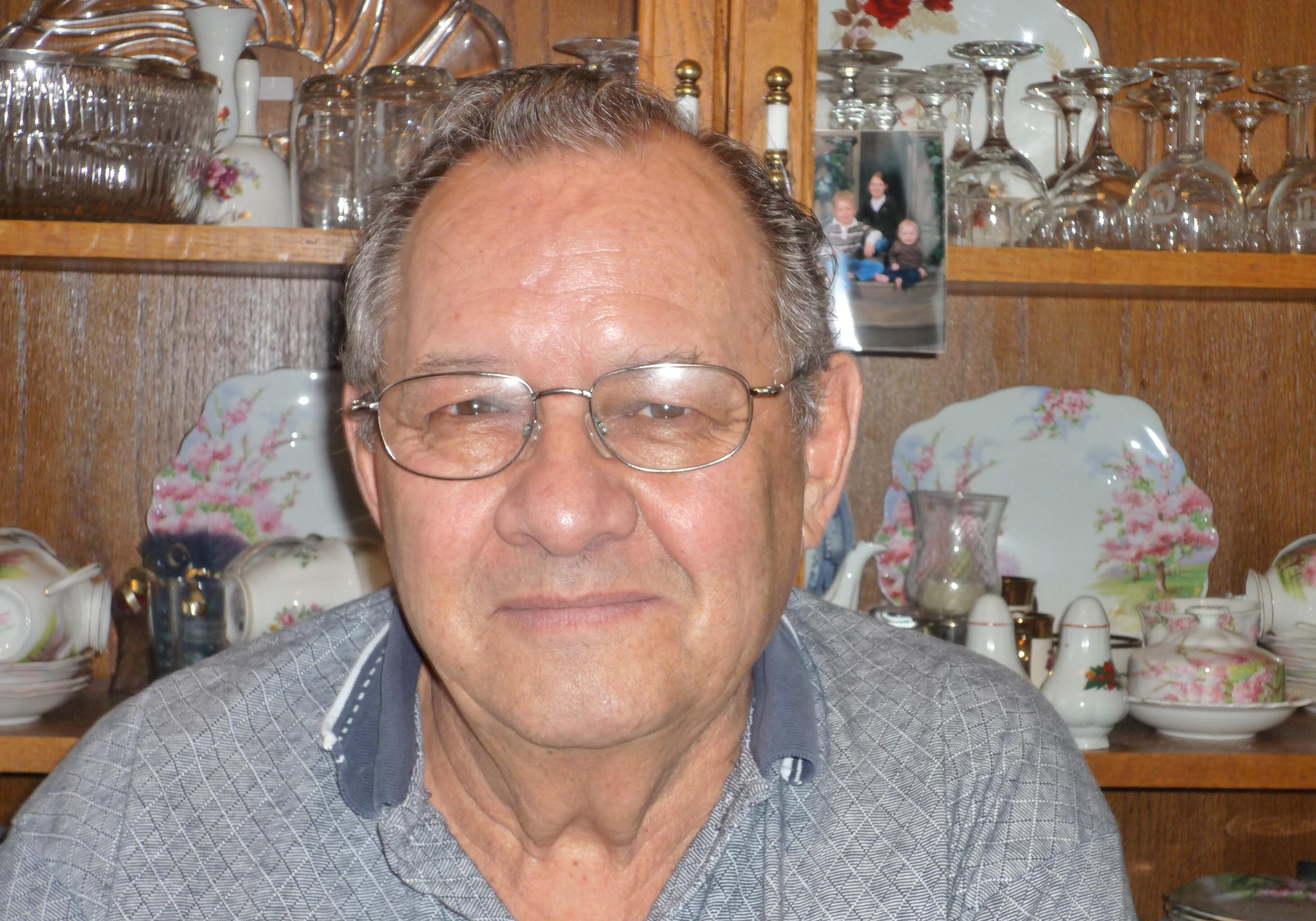
John Thiessen
Country Elevator Manager: Paterson
John Thiessen worked in various country management positions for Paterson elevators in his time. He speaks to the changes made in the industry when they switched over from boxcars to hopper cars, as well as the changes experienced during other technological advancements, staffing changes, and expansions of elevator services. His position at all this time was heavily affected by these changes; sometimes it was easier, but in many cases it was harder, or he had to relinquish some control when they came across. John also discusses the relationships he built with buyers and farmers. He always strove to provide both ends with better service, as competition was sharp during those days. He remarks that he was quite proud of his ability to provide that assistance to such important players in the grain trade.
Snippet
Full Interview
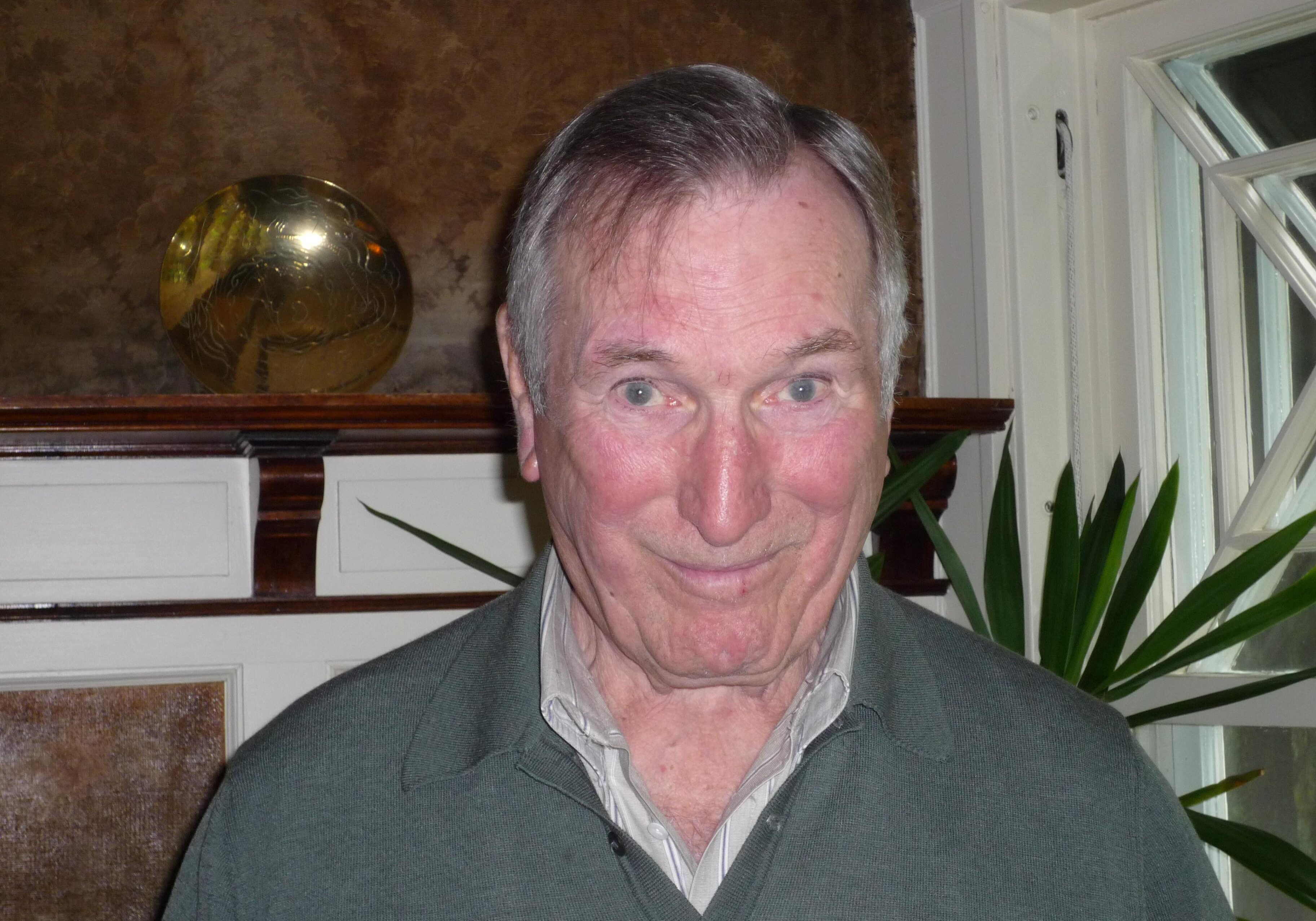
Peter Thomson
Journalist, Administrator: Canadian Grain Exchange, Grain Transportation Agency
Peter Thomson was born and raised in Miami, Manitoba. He received a degree in journalism and landed a job with the Winnipeg Free Press, and he was assigned to the Canadian Grain Exchange. After working in various Canadian cities, he became the administrator of the GTA and retired in Winnipeg. Peter discusses various issues that he covered while he worked, such as “The Great Grain Theft”, his long career with the GTA, and an interview with C.D. Howe. Mr. Thomson also speaks about Thunder Bay and his perspective on various issues related to it.
Snippet
Full Interview
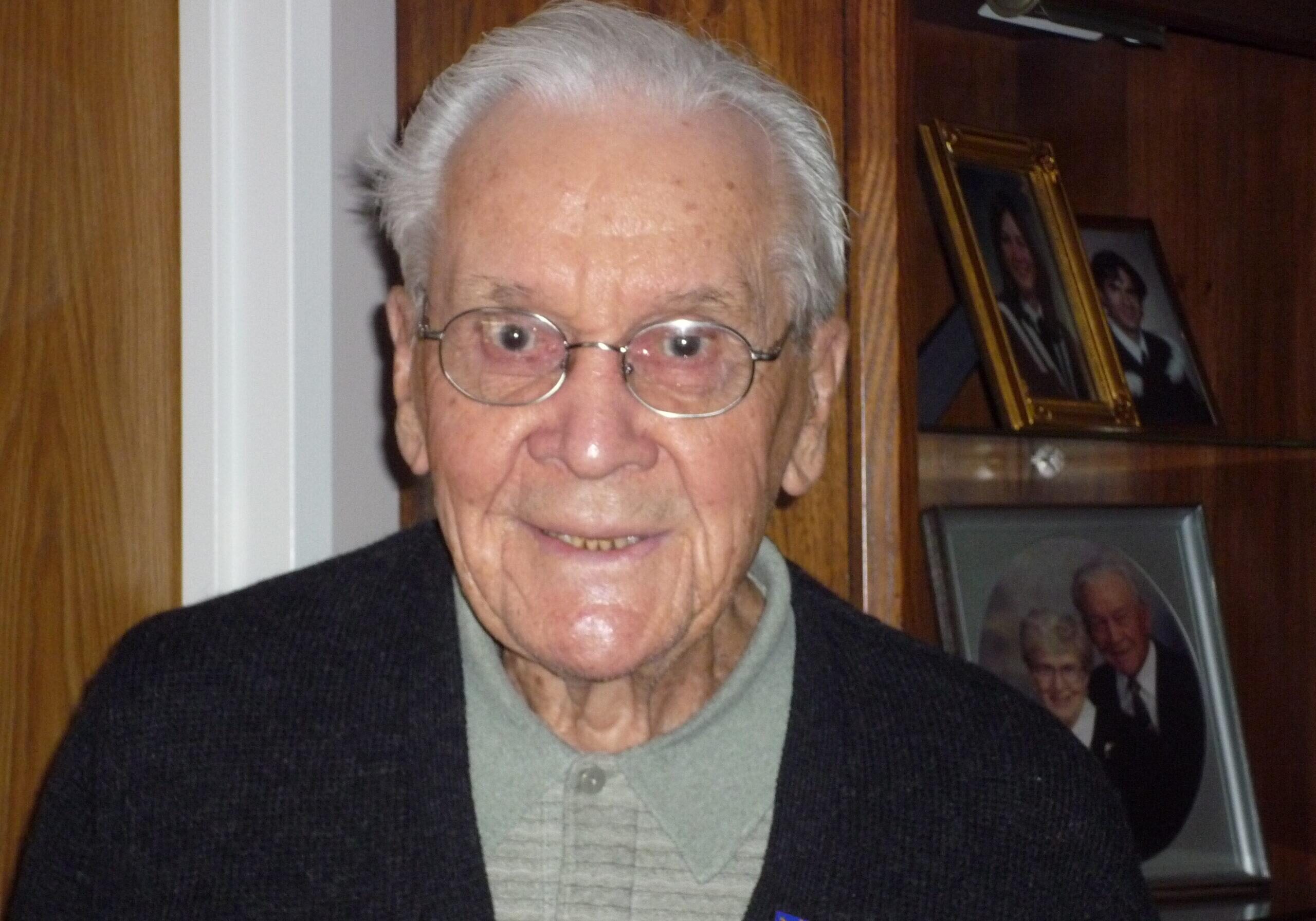
Jack Timmerman
General Manager: Grain Insurance & Guarantee
Centenarian Jack Timmerman started in the grain industry as a boy of 16 working for the co-operated Standard Elevator and Tilt Grain Company. These small companies were eventually bought out by Searle Grain, and the new company kept Jack on as an elevator manager out in the country. Jack worked in a variety of small farming communities across the Prairies, and he shares fond memories of camaraderie and competition in these elevator points. Jack moved on from elevator management into the Affiliated Inspection Bureau, and ultimately into its parent company, Grain Insurance & Guarantee, as its general manager. Jack's firsthand knowledge of gave him a strong insight into the potential hazardous conditions of elevators, allowing him to make changes to regulations that drastically reduced the number of fires in the country. Along with the discussion of his work, Jack talks about his life-long passion of swimming, of which he holds several world records in senior swimming competitions.
Snippet
Full Interview
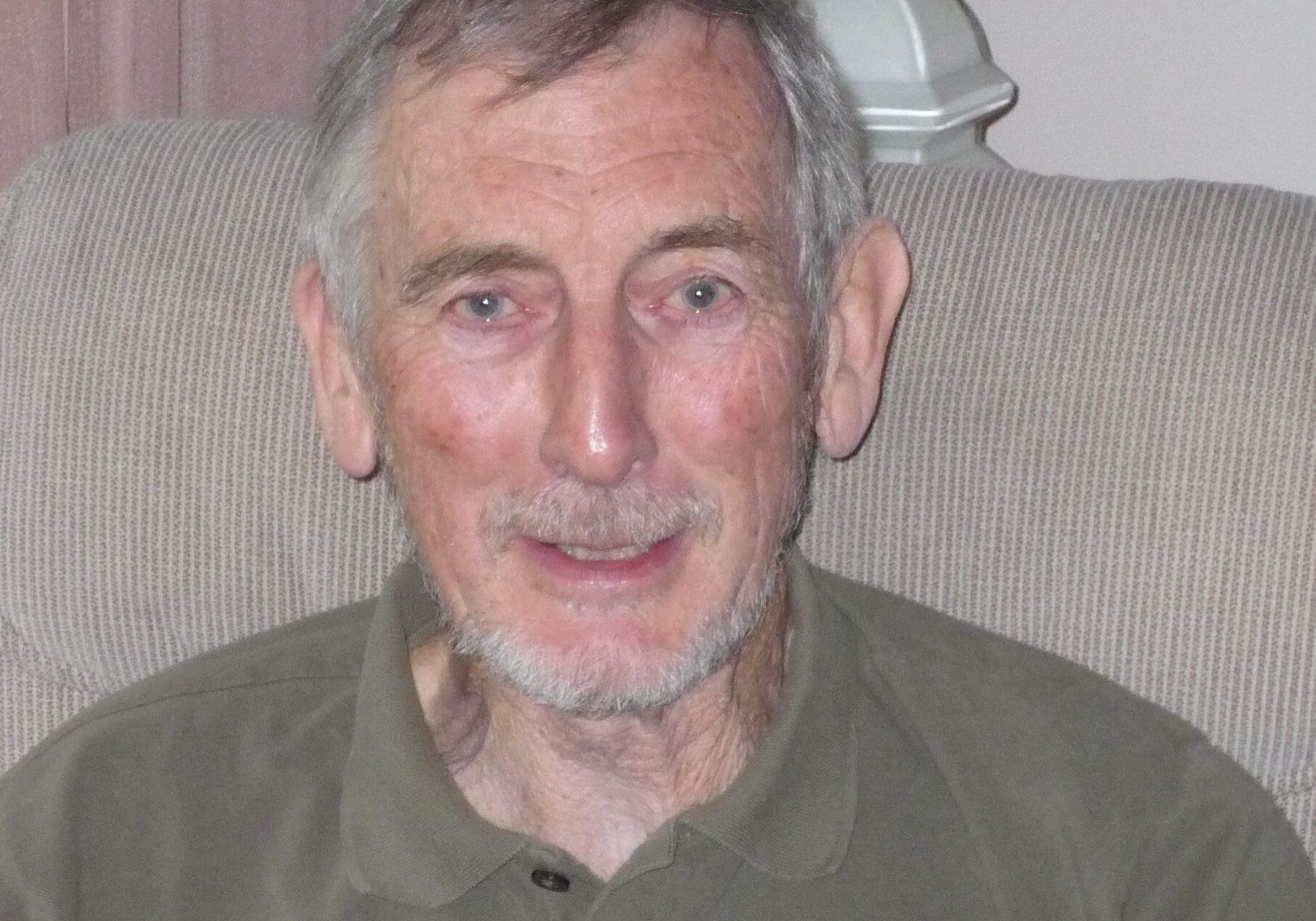
Keith Tipples
Scientist, Director: Grain Research Laboratory
Keith Tipples was born in the United Kingdom and secured a Bachelors of Science and a PhD there. He then moved to Canada and began work at the Grain Research Laboratory in Winnipeg, where he worked from 1963 until retiring as director in 1998. He discusses the differences between what he learned in school and the knowledge that he needed in the field, as is often the case. Keith also discusses the development of the grading system, the protein system, and how much these changed the grain industry when they were adopted. Keith’s work contributed to Canada’s position as a world leader in grain research - something that he speaks about highly. He also speaks to the separation and politics between the Canadian Wheat Board and Canadian Grain Commission.
Snippet
Full Interview
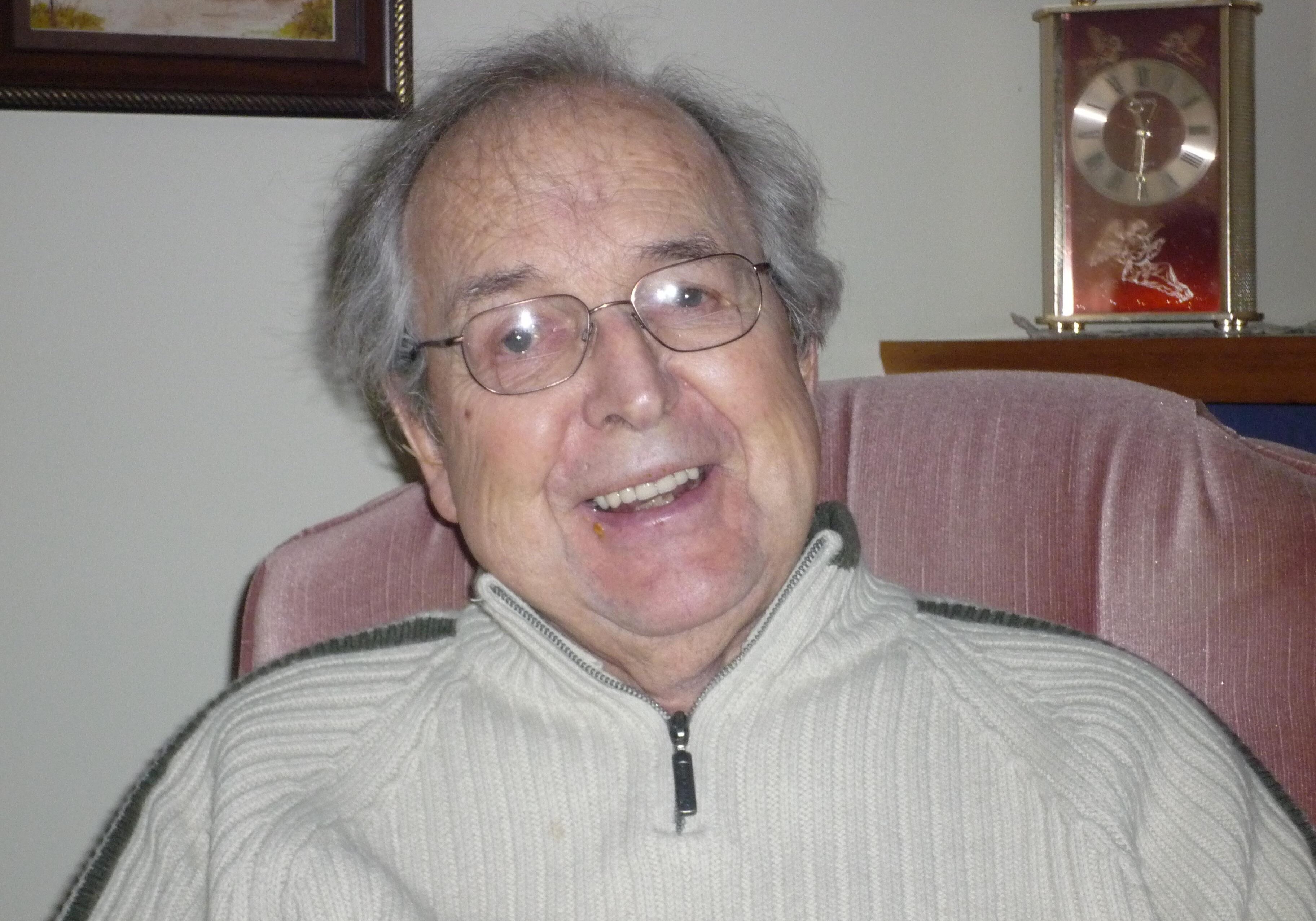
Eric Titheridge
Manager: United Grain Growers
Eric Titheridge was born in England and studied agriculture at the University of Manitoba, graduating in 1946. He began working for United Grain Growers in 1949 in Swan Lake, Manitoba. His experience was at an earlier time in the industry, and he was present for some major technological changes, such as electricity coming to the Prairies and the metric system being introduced, as well as some social changes, such as unionizing. Mr. Titheridge also comments on various things related to Thunder Bay, such as the explosion that occurred in one of the elevators, as well as contrasting the harbour of Thunder Bay with that of Vancouver.
Snippet
Full Interview
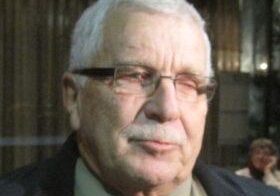
Bill Toews
Farmer, Scientist, Board Member: Kane Manitoba, Alberta Government, Canadian Wheat Board
Bill Toews was born in 1943 in Manitoba, where he studied until he got a masters in agriculture with a special focus in soil fertility. He worked with the Alberta government for a while before returning to Manitoba in 1976 to run the family farm. Bill was also active as a farmer's representative on the Canadian Wheat Board for several years. He discusses various aspects of his education and how they applied to farming, and he also talks about the politics of the farming industry, for instance, the farmers' relationships with different parts of the industry, such as the railroad and grain elevator companies.
Snippet
Full Interview
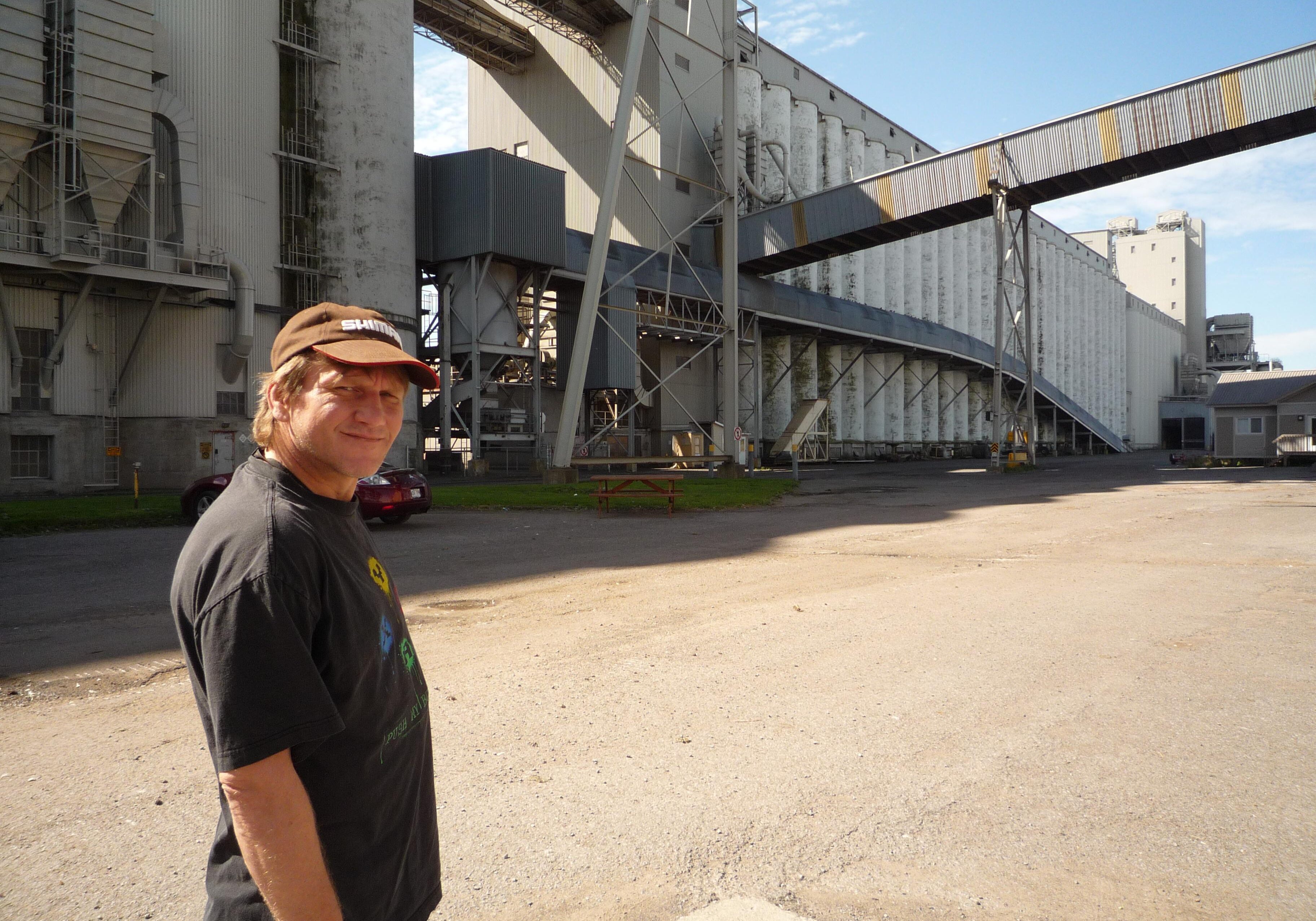
Stefan Turgeon
Elevator Labourer, Grain Inspector: United Grain Growers, Canadian Grain Commission
Stefan Turgeon is a bilingual Canadian who was born in Quebec and later moved to Saskatchewan and then to Thunder Bay to work with United Grain Growers. He gives the listener a compelling image of the enormity of the elevators. Stefan discusses the various tasks in the elevators, and the work life: the claustrophobic experience of cleaning the elevator bins, automation, and more. He also speaks to the importance of the elevators to Thunder Bay’s economy, stating that there would be no Thunder Bay without the grain trade. Stefan comments on being bilingual in this industry and how it was useful.
Snippet
Full Interview

Ted Turner
President: Saskatchewan Wheat Pool
Ted Turner was connected to the co-operative farming movement since his childhood. He shares the history of the Saskatchewan Wheat Pool and his father's early involvement as a local farm leader for the movement. As Ted grew up and took over the farm operation, he was likewise active in the farming community. His neighbours in the community valued his leadership skills and asked him to put his name forward in a delegate election. From that point on, Ted stayed within the Wheat Pool, moving all the way up to the position of President, which he held for 18 years. During his career, the Prairie Pools became an important voice for farmers in the realm of agricultural policy, and Ted discusses some of the main policy issues he tackled during his tenure. Ted speaks to the close relationship between the Prairie Pools and other organizations in the grain industry, and he also expresses his sadness at the demise of the Pools and CWB.
Snippet
Full Interview
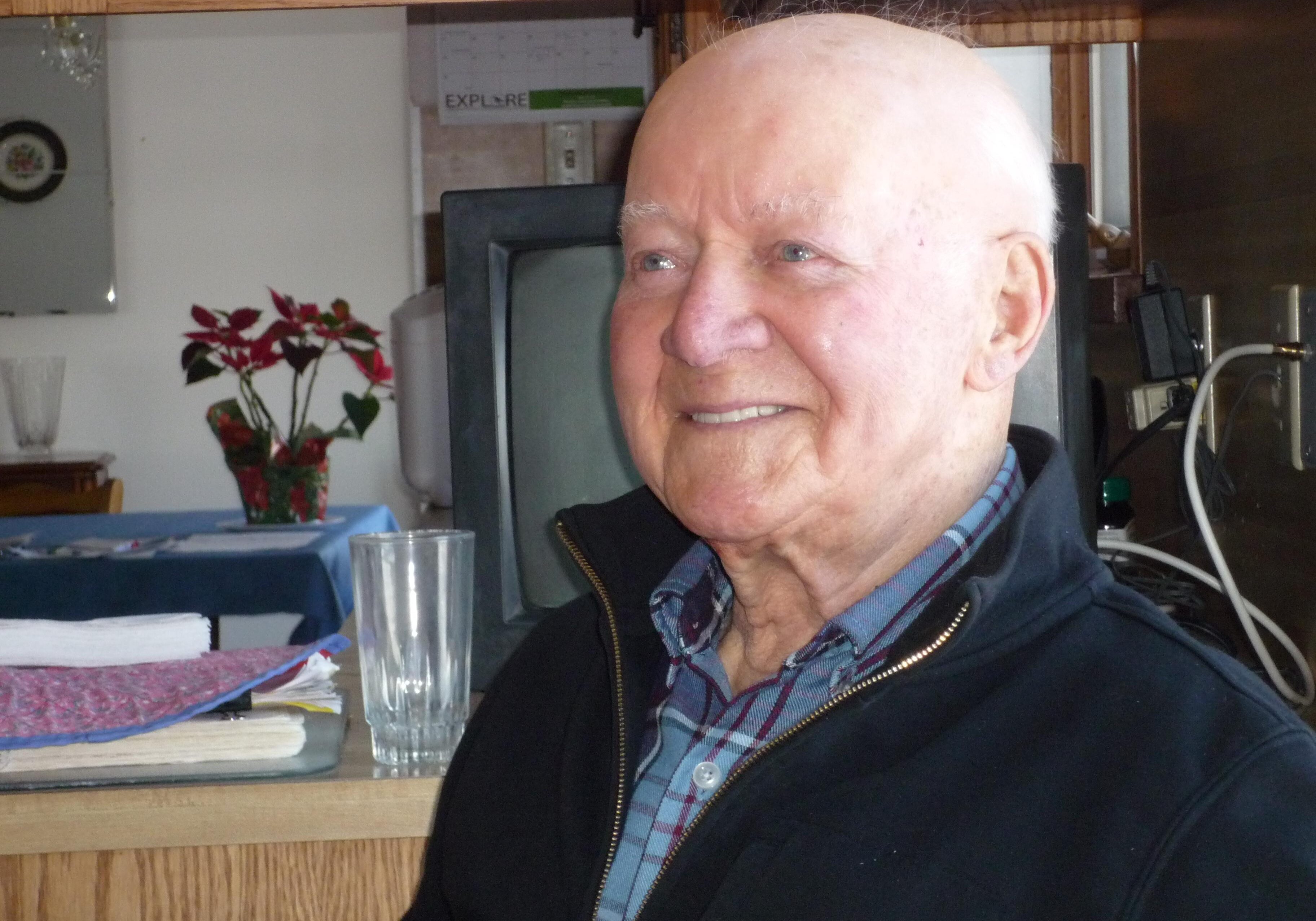
William Turner
Weighman, Grain Inspector, Manager: Canadian Grain Comission
Bill Turner was born in 1923 and has a vast experience with the grain industry in Canada. After returning from the war, he took some time to seriously consider what he wanted his future to look like. He decided to become a government employee with the CGC as he liked the stability, working first as a grain trackman with the weighing division. Bill has tons of entertaining stories about the elevator industry; he is one of our few interviewees who had experience with the wartime storage buildings built in the 40s, and he worked for the trade in a pre-union, pre-automation era. Mr. Turner also describes the construction of many of the different elevators, as he was around and paying attention when many of them went up. He describes the different techniques and companies who used them, and why it was so important to Thunder Bay’s economy.
Snippet
Full Interview

Anthony Tweed
Baker, Scientist, Professor: Northern Alberta Institute of Technology, Canadian Grain Commission, Canadian International Grains Institute
Anthony Tweed has worked in a large variety of positions within the grain trade. The first relevant job he had was a baker - where most of his experience lies. Because of his chosen career path, he studied at university for a baking program that gave him practical and scientific knowledge. He happened to find a job in Canada, and became a major part of the first baking program in any Canadian school at the Northern Alberta Institute of Technology. Anthony describes the strange process of adapting to the Canadian industry. For instance, he had never heard of pumpkin pie. He talks about what he trained his students to do, and also what his program was like. Hearing the description of someone who was starting up a university program on their own is fascinating!
Snippet
Full Interview
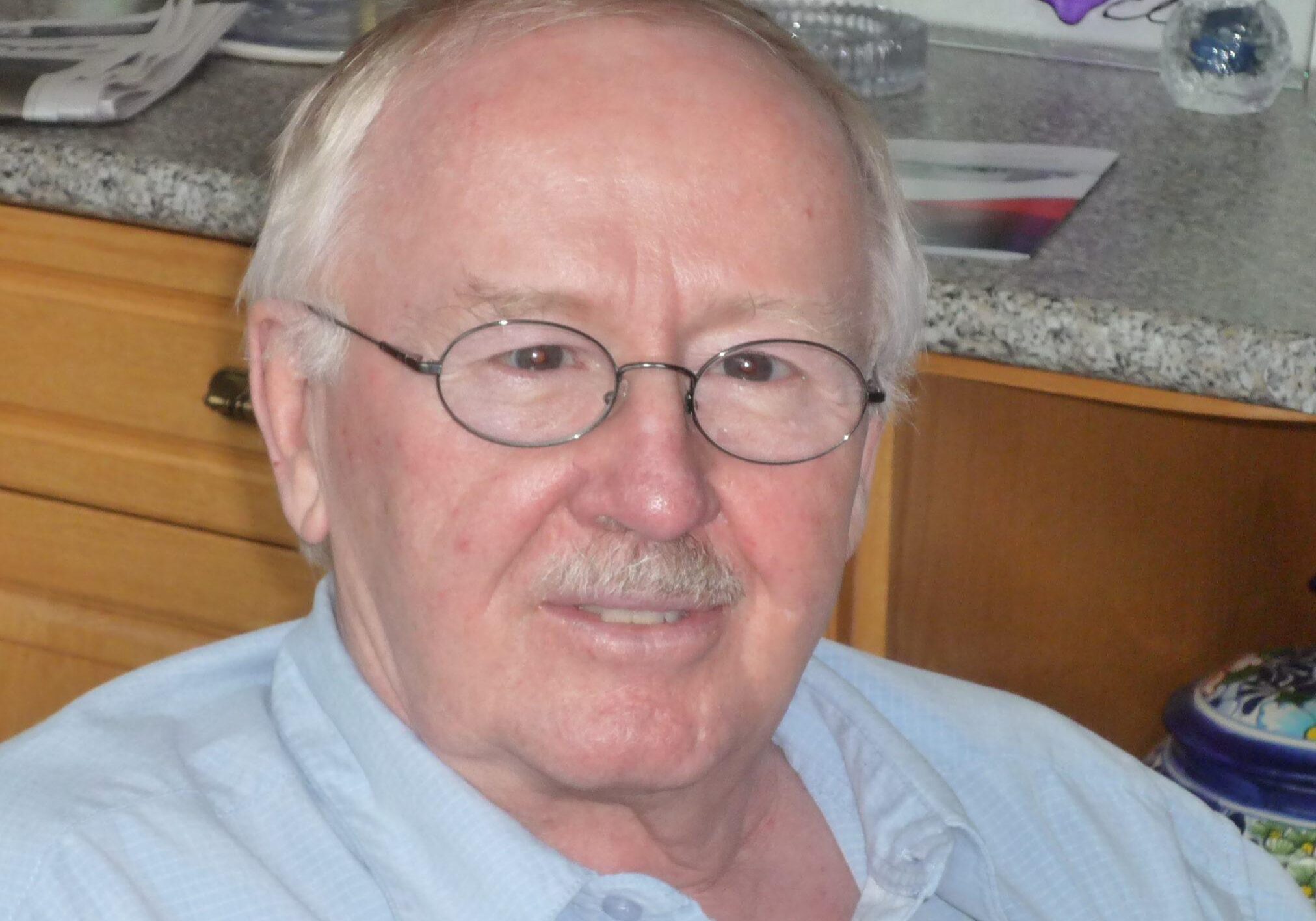
Edward Tyrchniewicz
Agricultural Economist: University of Alberta, University of Manitoba
Edward Tyrchniewicz was born on a farm in Manitoba and eventually studied agriculture at the University of Manitoba. After completing his Masters and a PHD in the US, he returned to Canada in 1967 to work in a relatively unrelated field - transportation economist. This job involved issues related to transportation of grain, handling, marketing, and more. Ed held senior positions in the agricultural faculties of both the University of Alberta and Manitoba. He speaks of the many changes in the industry, such as the abandonment of the Crow rate, reduced exports in certain cities, and the abandonment of some railways and elevators.